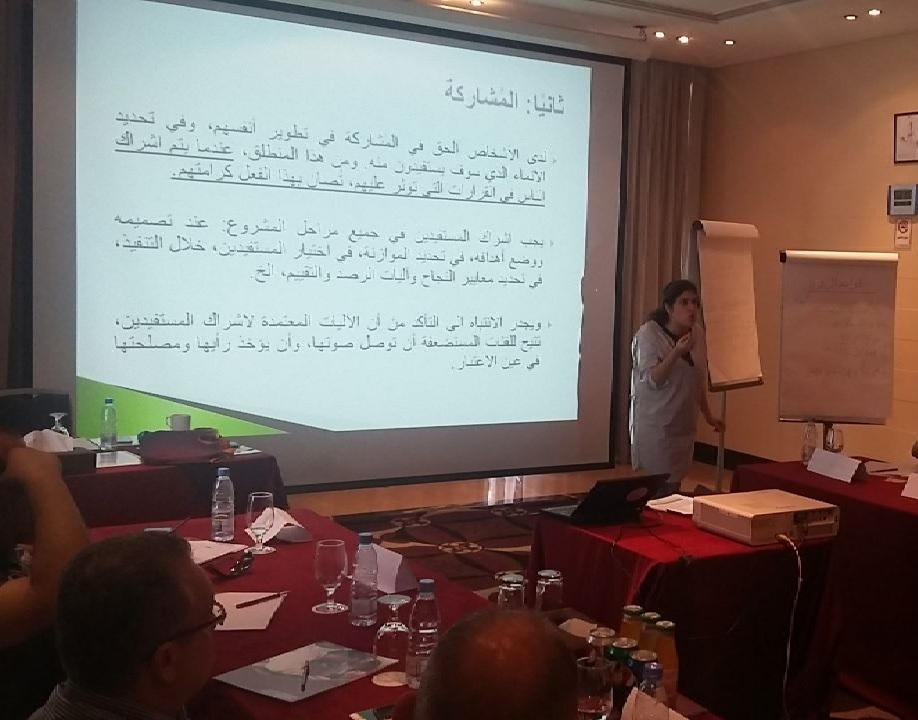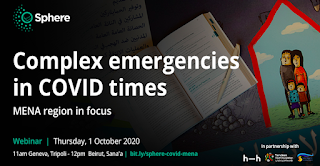Say Cash for What ?
The
definition of an Idea that speaks most to me is : a transcendent entity that
is a real pattern of which existing things are imperfect representations
This
idea/Ideal pleases me because of its elusiveness but also for the implication
it carries that we need to reach up for an idea. That creating is the art of
reaching for the perfect to manifest something new , something necessarily
flawed, something that makes a difference.
It is
trendy nowadays in the Humanitarian sector to speak of innovation, but beyond
our jargon filled ways, what we need are new idea/l/s reflecting that we
actually think, care, take risk and act.
A new idea
brings light, probably why ideas are represented as light bulbs, but when it brings
cash for local organizations in Iraq… innovation be damned we are talking about
Creating !
This is how
the story goes:
Following a
depressing series of assessment visits to local organizations working in
various areas in Iraq our doubts were confirmed: Most of them struggled to
survive in between grants and keep their staff employed from one project to
another. Many reasons here behind this
phenomenon including donors seeing local organizations as merely subcontractors
and not as effective partners, proposing them budgets with little to no
flexibility, their minimal investment in the sustainability of said organizations
( staff cost , contingency … ) and a heavy set of requirements in the name of
accountability and transparency that need months of capacity development and a
continuous coaching both of which rarely available and highly impossible due to
financial gaps.
These
findings concur with researchs our
organization had already published on humanitarian Capacity in country. but in
a time where the context was calling for a gradual shift from an emergency
response to a more development oriented one, this made me wonder as to why when
we want to adapt our response we think in terms of WHAT and fail to update the
WHO.
In clearer
terms, if the nature of assistance was going to change, shouldn’t we question the
nature of the Assisted too. And if we were thinking of building resilience and
initiating development shouldn’t our beneficiaries cover not only individuals
but also local organizations that would and should constitute pillars of the
development process?
By the time
I was juggling this idea, our EFSVL coordinator was pouring over an obscure
excel sheet, we had been lately discussing the idea of cash for work, projects
we were implementing in various governorates in Iraq aiming to provide people
with the opportunity – albeit restricted in time – to earn their bread by the sweat of their brow. So it
downed on me : Cash indeed is what we needed! but not cash for work alone, Cash for
Capacity! Small grants that would allow local organizations to further develop
their capacity qua organizations but also improve the quality of projects they
were implementing in partnership with us.
Cash for
capacity to promote sustainability of organizations
with ‘vulnerabilities’ help them recruit translators, consultants to write
their policies, invest in new systems to improve their financial reporting…
flexible money in a context with challenges arising on weekly basis !
But because
an idea that doesn’t find the right channels remain unexplored and ineffective,
I thought this one should be shared through the channels of our funding
coordinator and teams… and so it was and so we succeeded to secure at first one
donor interested in providing cash for
capacity to our local partners and later reached the humanitarian jackpot by
securing funds that would insure the survival of our very own partnerships unit
for the three upcoming years… enough time to develop our cash for capacity
approach and to support as many local organizations as possible.
Innovation
is not a trend. Innovation is dedication and team work and the chance to have
both at the tip of your fingers !
Dima EL
SAYED
TIKRIT-
IRAQ – May 2018



Comments
Post a Comment